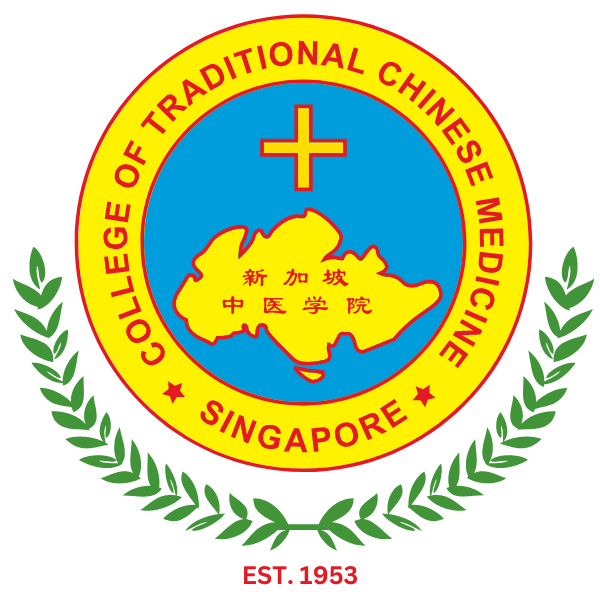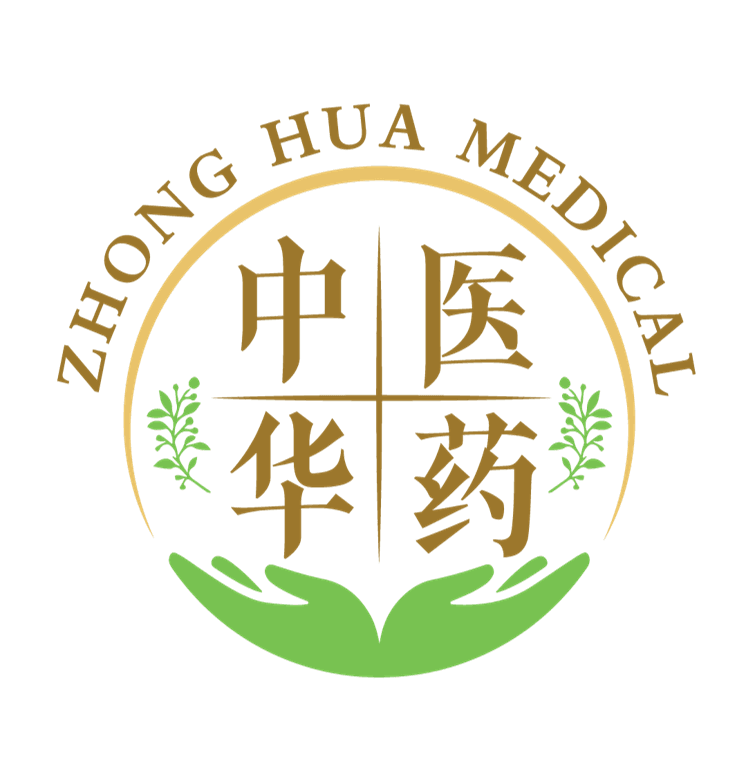Acupuncture is a key component of Traditional Chinese Medicine (TCM) that involves inserting thin needles into specific points on the body to stimulate and balance the flow of vital energy, known as Qi (pronounced “chi”).
This practice is rooted in ancient Chinese philosophy and has been used for thousands of years to promote health and treat various ailments.
The history of acupuncture dates back to approximately 3,000 years ago, with the earliest records found in ancient Chinese medical texts. These texts describe the use of acupuncture to restore balance within the body and treat various conditions by stimulating specific points along pathways called meridians.
Acupuncture has evolved over the centuries, incorporating new techniques and findings, but its core principles remain rooted in the traditional practices established long ago.
Philosophy and Principles
The philosophy of acupuncture is based on the belief that health is achieved by maintaining the balance of Qi within the body. According to TCM principles, it is believed that Qi flows through meridians that connect different organs and systems.
When the flow of Qi is disrupted or blocked, it can lead to pain, illness, and other health issues. Acupuncture aims to restore the proper flow of Qi, thereby promoting healing and maintaining health.
How Acupuncture Works
Acupuncture works by stimulating points on the body, known as acupoints, to promote the flow and balance of Qi. Acupoints are specific locations on the body’s surface that correspond to different organs and systems. These points are key areas where Qi can be accessed and manipulated to restore balance and promote health.
Acupuncturists, who are trained healthcare professionals specializing in TCM, insert thin, sterile needles into these acupoints to stimulate the flow of Qi, release blockages, and restore balance within the body.
The scientific concept behind acupuncture is that stimulating the nervous system can lead to the release of neurotransmitters and hormones that reduce pain and inflammation. This process can also enhance blood flow, which improves the delivery of oxygen and nutrients to tissues, promoting faster healing and reducing recovery time.
Conditions Treated by Acupuncture
For centuries now, TCM practitioners have used acupuncture to treat a variety of conditions. ranging from pain and swelling to allergic reactions. Here are some of the primary conditions that can be effectively treated with acupuncture:
Pain Management
Acupuncture can be used to relieve swelling, making it highly effective for pain management. By targeting specific acupoints, acupuncture can reduce inflammation and stimulate the release of endorphins, the body’s natural painkillers.
This dual action makes it particularly useful for treating chronic pain conditions such as arthritis, back pain, and migraines. Regular acupuncture sessions can help alleviate pain, improve mobility, and enhance the quality of life for individuals suffering from persistent pain.
Stress and Anxiety
Studies have also found acupuncture also to be effective in reducing stress and treating certain anxiety disorders. The insertion of needles into acupoints helps to calm the nervous system and promote relaxation.
This can lead to a decrease in the production of stress hormones like cortisol and an increase in the production of serotonin and dopamine, which are associated with feelings of well-being and happiness. Consequently, acupuncture can help individuals manage stress, reduce anxiety, and improve overall mental health.
Other Health Issues
In addition to pain management and stress reduction, acupuncture can address a variety of other health conditions. For example:
- Digestive Problems: Acupuncture can help regulate digestive functions, alleviating symptoms of conditions such as irritable bowel syndrome (IBS), acid reflux, and constipation.
- Allergies: By strengthening the immune system and reducing inflammation, acupuncture can help manage allergy symptoms and improve overall immune function.
- Menstrual Issues: Acupuncture can help balance hormones and relieve symptoms of menstrual disorders such as premenstrual syndrome (PMS), irregular periods, and menstrual cramps.
What to Expect During an Acupuncture Session
The first step in an acupuncture treatment is the initial consultation. During this session, the acupuncturist will conduct a thorough health assessment to understand the patient’s medical history, current health issues, and overall wellness goals.
This may involve discussing symptoms, lifestyle habits, and any previous treatments the patient has undergone.
The Treatment Process
Once the initial consultation is complete, the actual acupuncture treatment begins. Here’s what typically happens during a session:
- Preparation: The patient is usually asked to lie down on a comfortable treatment bed. The acupuncturist will sanitise the areas where the needles will be inserted.
- Needle Insertion: The acupuncturist will insert thin, sterile needles into specific acupoints on the body. The number of needles used and their placement depend on the condition being treated. The insertion is generally painless, though some patients may feel a slight tingling or a mild ache.
- Rest Period: Once all the needles are in place, the patient will rest for about 15 to 30 minutes. During this time, the needles work to stimulate the flow of Qi and restore balance. The patient is encouraged to relax and may even fall asleep during this period.
- Needle Removal: After the rest period, the acupuncturist will gently remove the needles. There is typically no pain or discomfort during removal.
Aftercare Advice
To maximise the benefits of acupuncture, it is important to follow some aftercare advice:
- Rest: Take it easy for the rest of the day. Avoid strenuous activities and allow your body to rest and recover.
- Hydrate: Drink plenty of water to help flush out any toxins released during the treatment.
- Avoid Caffeine and Alcohol: These substances can interfere with the body’s healing process, so it’s best to avoid them for at least a few hours after the session.
- Follow-Up Sessions: Depending on the condition being treated, the acupuncturist may recommend a series of follow-up sessions to achieve the best results.
Acupuncture is a cornerstone of TCM that offers a holistic approach to health by stimulating the body’s natural healing processes and restoring balance.
Whether you are seeking relief from pain, managing stress and anxiety, or addressing other health concerns, acupuncture can be an effective and natural treatment option.
To explore how acupuncture can benefit your health and to learn more about our services, visit our website here. Discover the healing power of acupuncture and take the first step towards a healthier, balanced life.




